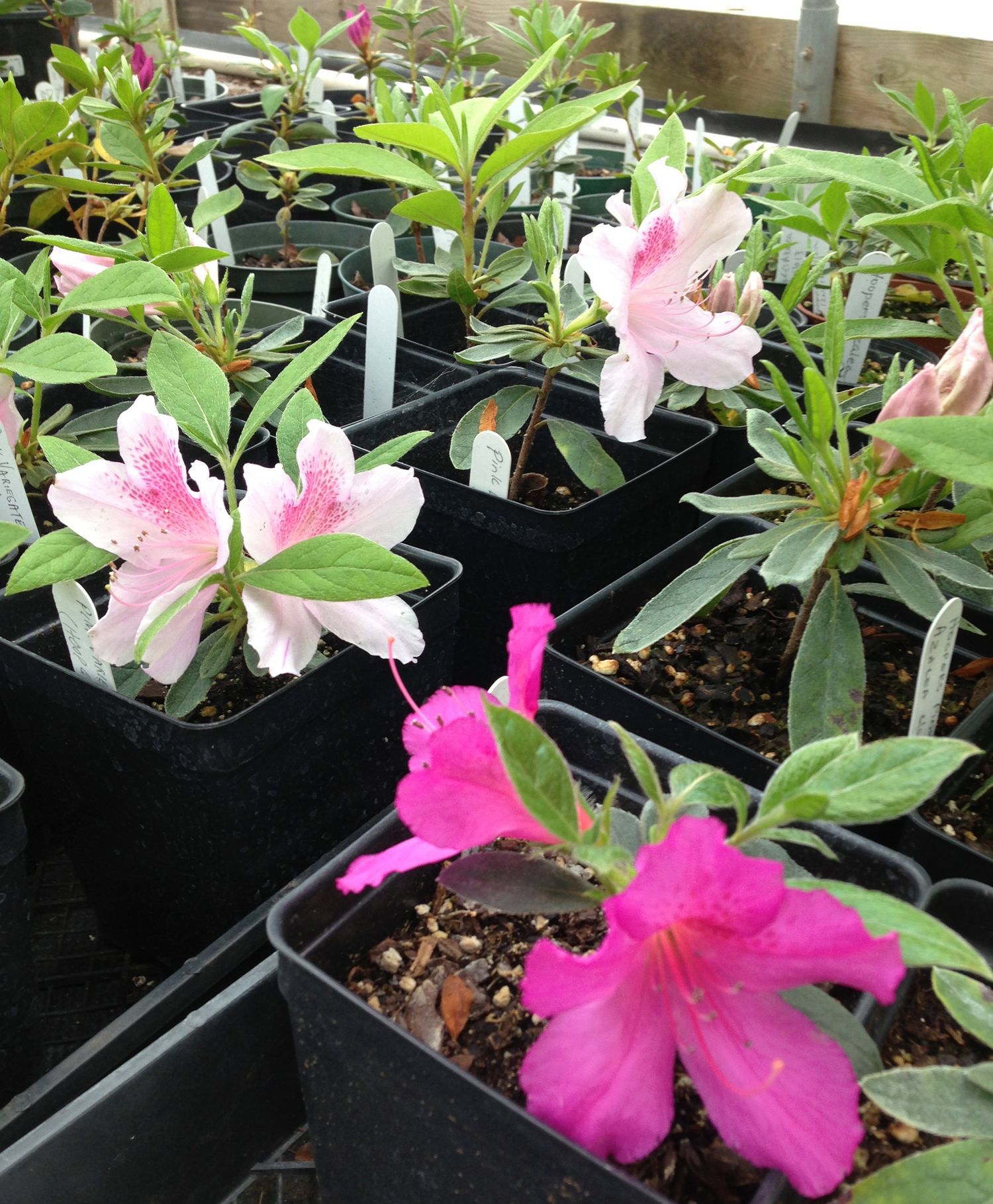18th annual plant sale and swap is May 3
Published 12:00 am Friday, April 25, 2014
Extension Master Gardeners will hold their 18th annual Plant Sale and Swap on Saturday, May 3. Open to the public, the plant sale begins at 8:30 a.m. and the swap will begin at 10 a.m. Both will conclude at noon.
The plant swap and sale will be held at the Agricultural Center, 2727 Old Concord Road, Salisbury. The sale and swap will be outdoors, under the Outdoor Learning shelter and in and around the greenhouse. There will also be a silent auction with garden themed and other items donated by local merchants and Extension Master Gardener Association members. Proceeds from the sale and auction go toward Extension horticultural projects and programs.
The Plant Swap is for perennials only. Early spring is a great time to divide perennials. Well established hardy perennials benefit from dividing when their clumps get overcrowded. Depending on the plant characteristics, there are several methods to use for division. When the entire plant is dug up, the resulting plant will usually be more attractive. As the plant is divided into pieces, one division is replanted in the original location. Sedums, hostas and day lilies respond well to this method. Iris rhizomes need to be divided before they become overcrowded and flowering diminishes. A sharp knife (kept clean by dipping the blade in a 10 to one water-bleach solution will assure healthy division.
Many other perennials drop seeds (columbine, blackberry lily, hellebores and campanula) so that you need only dig up the volunteers and relocate them. Creeping perennials often root sections away from the center of the plant. Carefully dig up the rooted section and disentangle it from the main plant.
In all cases, prepare the new locations by loosening the soil and adding amendments if necessary. Plant the division at the same depth as the original plant and water thoroughly. It will be necessary to water the new plantings until they are established. After dividing, plan on bringing any surplus plants to the swap. Pot and label accordingly. Growing requirements are appreciated. The more information furnished the better.
There will be no early plant sales or selection. The sale plants are either donated by Extension Master Gardener volunteers or have been propagated by volunteers during one of their propagation clinics. Cuttings have been taken from specimen plants in locations throughout Salisbury.
Extension Master Gardeners have propagated many camellias including the variety Koto-No-Kaori, which has a single sake cup-shaped, reddish-pink fragrant flower. Many other flowering shrubs, including buddleia (butterfly bush) Blue Chip, a miniature blue purple variety, as well as the ever popular fragrant winter bloomer Daphne odora.
We also have another unique fragrant shrub, Edgeworthia, the paperbush. It also blooms during the winter and has a striking profile in the garden. There are several varieties of hydrangea. One of the more popular is the Oakleaf, not only for its bloom, but for its magnificent fall color. For the shade garden there is an assortment of native plants including rohdea, an evergreen perennial and trillium cuneatum, Toadshade.
Also for the shade garden there are many selections of azaleas, one perfect for the Southern garden named George L. Tabor which can be found in many Salisbury historic district landscapes. The sun garden perennials include a smaller white variety of Loropetalum, as well as Campanula Alba, a white bellflower and a white Japanese anemone. These are just a small sampling of the many perennials that will be available.
The sale room will also have houseplants. Extension volunteers will be available to assist with selections, answering questions regarding the plant, planting guides and care.
The Plant Swap is a fun way for gardeners to exchange desirable and unique plants from their home gardens.
For those entering the plant swap, the following guidelines apply:
• Plants must be healthy, free from insects and disease, and in containers no larger than 1 gallon;
• Containers must be labeled with plant name, growing conditions and name of person swapping plant;
• Each person may swap up to five plants, but no more than two of the same type;
• There will be a $1 fee per person to participate in the swap;
• Plants obtained in the swap may be exchanged for those on the designated swap table;
• Bring only plants that you would enjoy receiving from the swap. Avoid undesirable plants such tree seedlings, common liriope, ivy, etc. Ground violets are not desirable. No houseplants are allowed in the swap. Master Gardeners reserve the right to reject any swap plants deemed “not worthy.”
Carole Massey is an Extension volunteer with the Rowan County Extension Master Gardener Volunteer Association. For archived garden columns or other information, visit the Rowan County Master Gardener web site at www.rowanmastergardener.com ; e-mail Darrell_Blackwelder@ncsu.edu





